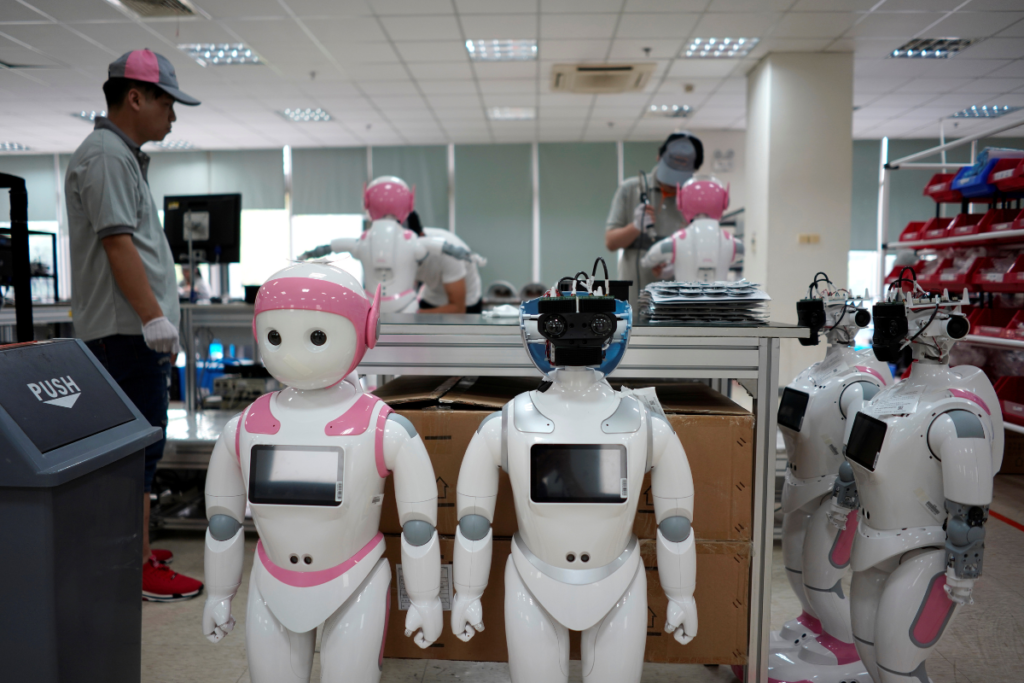
As technology continues to advance at an unprecedented pace, we find ourselves faced with new and complex ethical dilemmas. The application of technology to every aspect of our lives has created a need for ethical thinking and judgment. The power that new technologies give us demands that we consider how they will be used, how they can help or harm people, and what the best possible outcomes are.
From medical innovations to communications technologies, we must ask ourselves what we should be doing with the power we have developed. As we navigate this new space, evaluating what is right and wrong, what is good and evil, is essential. Companies that are at the forefront of technological innovation must recognize this and take responsibility for the ethical implications of their actions.
Artificial Intelligence (AI) is one such area where companies are exploring the possibilities, hoping to make sense of the world and make better choices. But it is essential to not mistake efficiency for morality. Just because something is more efficient does not mean that it is morally better. In fact, often, efficient technology can lead to destruction and harm. Therefore, it is essential that companies evaluate their use of AI and ensure that it is for the betterment of society, rather than just for corporate gain.
The development of technologies such as CRISPR and synthetic biology has provided us with the power to change ourselves. While medical interventions are currently done for therapy purposes, we must also consider the ethical implications of enhancement. The power to modify human nature must be matched with serious reflection on ethical principles such as dignity, fairness, and the common good. Companies that are involved in such technologies must recognize the potential dangers and work towards ethical principles that align with the betterment of society as a whole.
In the world of technology, ethics is not an option, it is a necessity. Companies must recognize that their actions have ethical implications, and they must take responsibility for them. They must work towards a future that is ethical, just, and fair, where technology is used for the betterment of all. Collaboration with organizations that specialize in technology ethics and corporate tech ethics development and training is crucial.
Takeaway
As we journey into an increasingly technological future, the ethical implications of innovation cannot be ignored. The responsibility of companies to address the ethical concerns associated with their products and services is paramount. The impact of technology on society is far-reaching, and it is the duty of companies to ensure that this impact is positive.
The ethical considerations of technology range from privacy issues to social responsibility, and companies must be proactive in addressing these concerns. By fostering a culture of collaboration and introspection on ethical principles, we can create a future where technology is used to improve the lives of all individuals.
As we move forward, it is imperative that we prioritize ethics in our decision-making processes. We must commit ourselves to the betterment of society and the protection of individual rights. The ethical implications of technology must be carefully considered, and we must work together to ensure that we create a world where technology is harnessed for the greater good.
In conclusion, the role of ethics in technology cannot be understated. As we continue to innovate, we must prioritize the well-being of individuals and society as a whole. Companies must be accountable for their actions and take steps to ensure that their products and services are designed with ethical principles in mind. By doing so, we can create a future where technology is used for the greater good, benefiting society as a whole.



